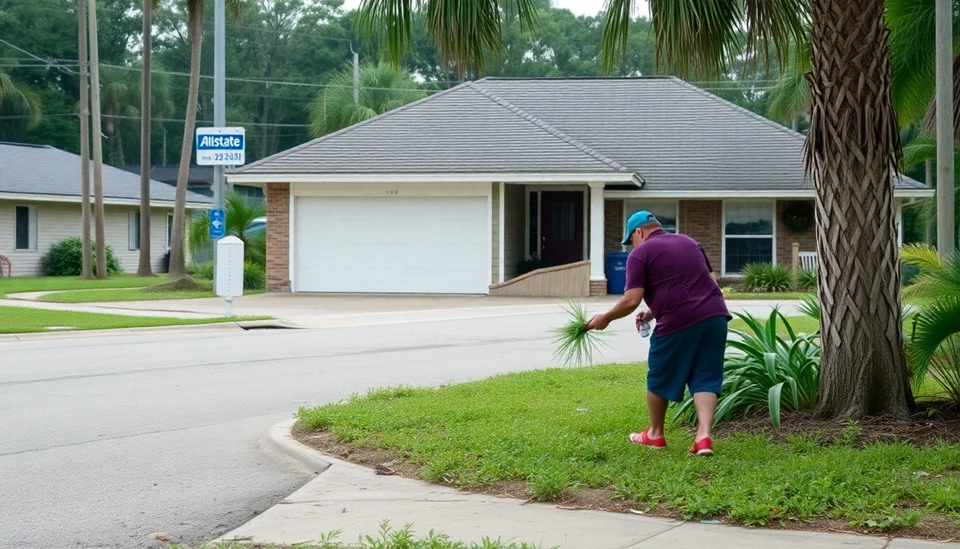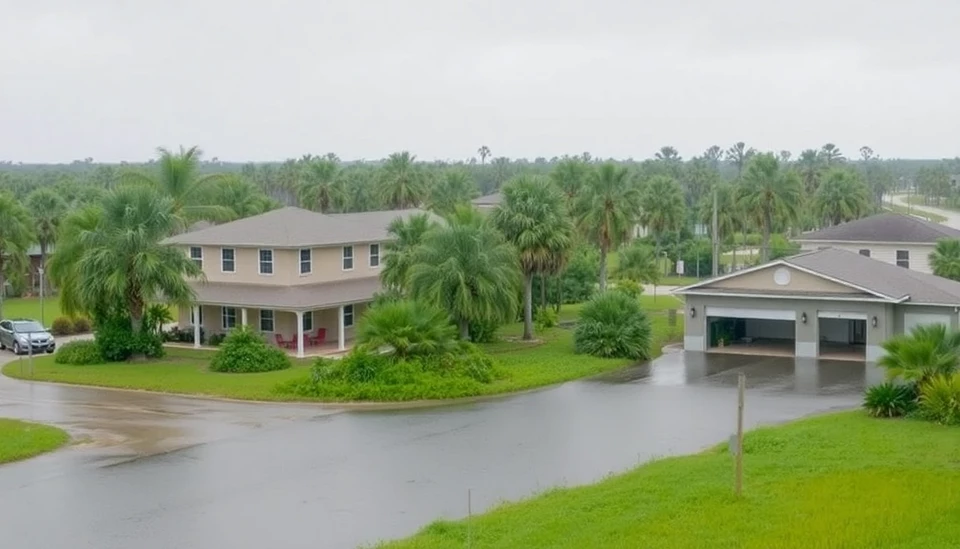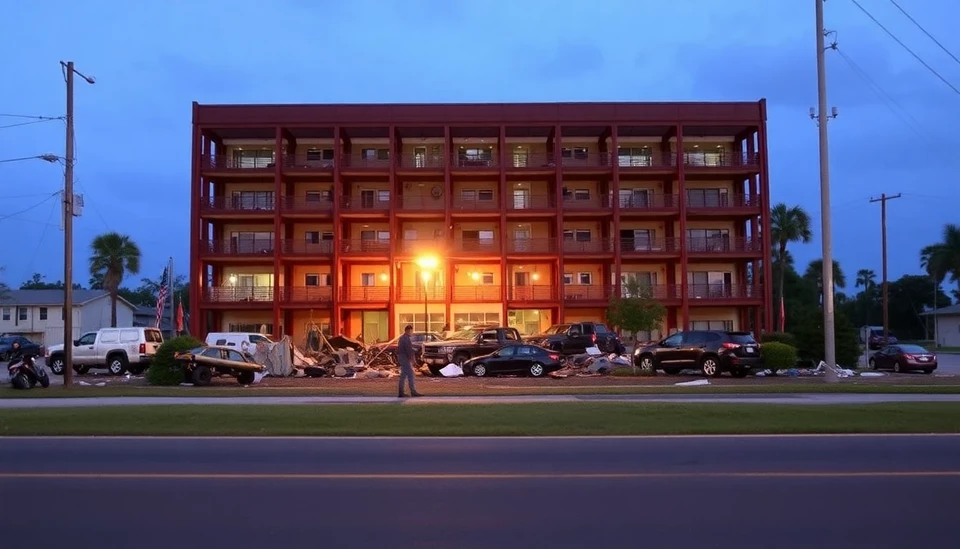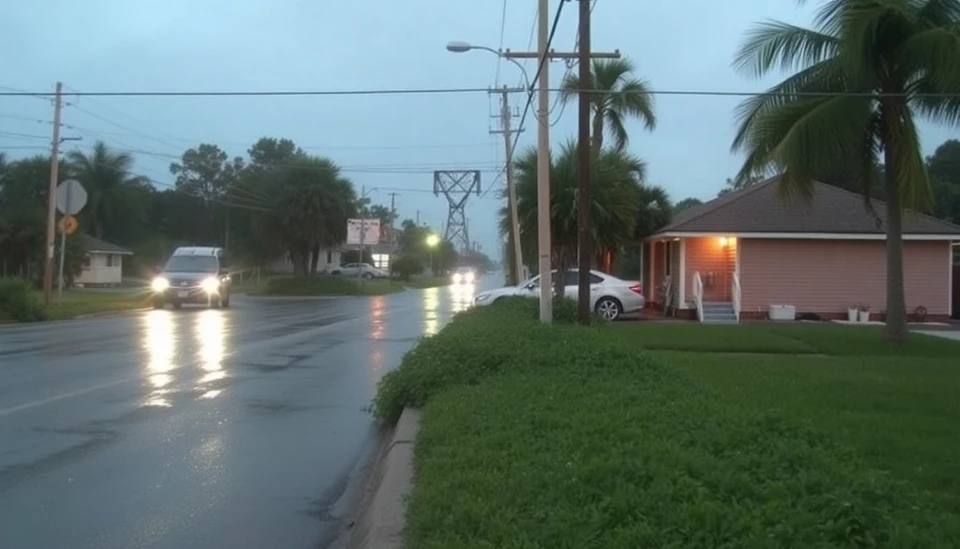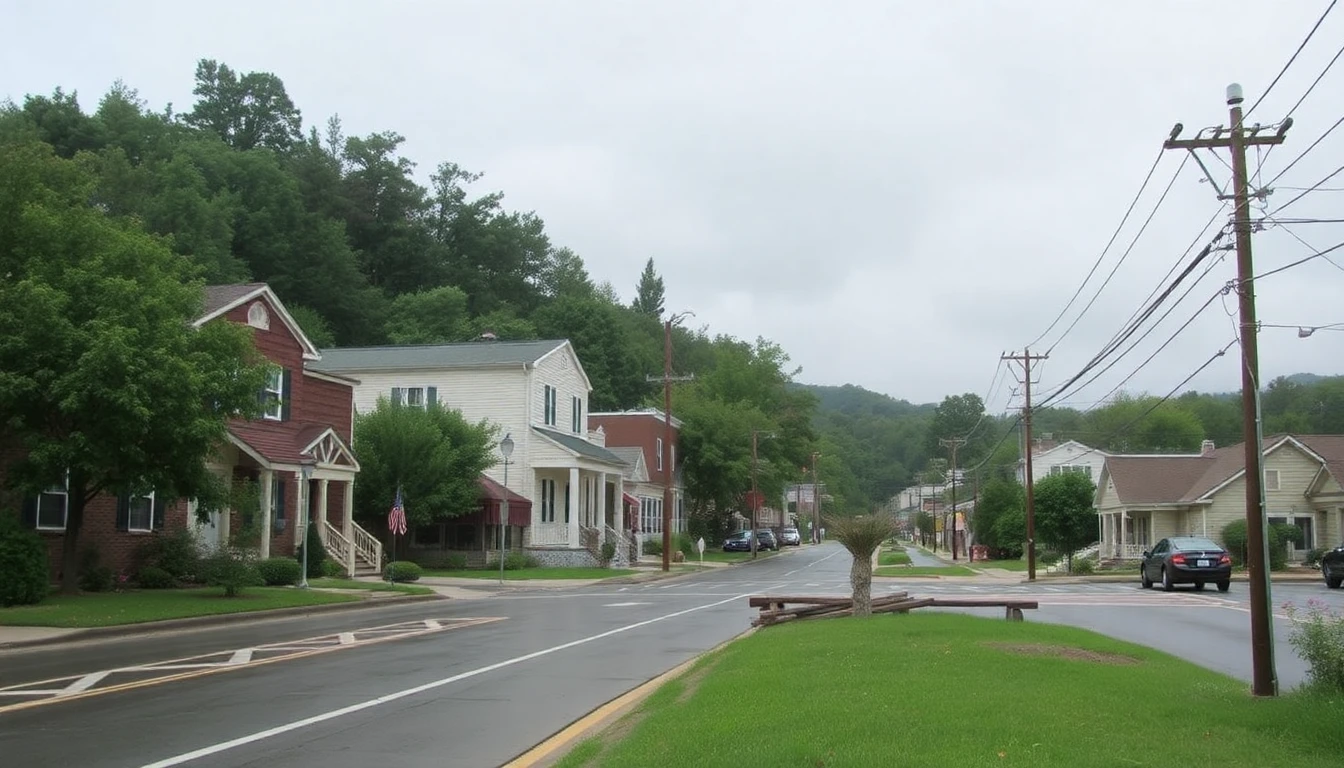
Early reports from the post-Hurricane Helene period paint a frightening picture of economic stability in Asheville. The strong storm, making landfall on the eastern coast earlier this week, was able to trek well inland and cut a swath of destruction in its path. In the case where immediate concern has now shifted from tracking the storm to the assessment of its aftermath, the long-term economic impact on Asheville has become the focal point of both city officials and business leaders.
Hurricane Helene has been rated as one of the worst storms in North Carolina within recent decades. The resulting devastation across various sectors, especially within tourism, agriculture, and infrastructure, has blown warning bells on the trajectory of economic growth that Asheville has been recording within the recent years.
Tourism is a cornerstone in Asheville's economy, but there are big tests as it deals with extensive infrastructure damage. Reports show that a number of historic sites, hotels, and businesses that are significant contributors to Asheville's colorful tourism industry have sustained flood damage and power outage. This, according to city officials, may keep tourists away-their much-needed economic lifeline-as the city is preparing for peak fall season.
The agricultural sector of the economy is quite important in this region and has also been badly affected by this storm. Most of the farms within the city environs have been grossly flooded; this might affect the actual yield of farm produce made from these lands. This can be quite costly for the local farmers since they embark on getting support and resources from state and federal resources to deal with the effects that might be considered long-lasting.
Flooding and wind-driven infrastructure damage have further exacerbated the situation. Many roads and bridges, both within and around Asheville, have been highly compromised; this has caused widespread disruption in transport. The local government is working towards repair and rebuilding of these key structures so that business operations can be resumed and also guarantee continued people's and goods movements.
Recovery operations have begun, and the strategic approach of city officials has been to revitalize the affected sectors of the city. As economists would say, "a rapid response by the government also means an effective utilization of disaster relief funds that will be important during the recovery period." Meanwhile, local authorities are encouraging residents and businesses to be ready for sustained power outages and disrupted access to basic services during restorations.
In the coming weeks, Asheville will be heavily dependent on federal aid-district relief packages are what come to mind-to assist in recovery processes. This rebuilding is not merely about returning to normal, but also strengthening and building up resiliency against future natural disasters in this city.
The future course of the economy of Asheville after Hurricane Helene is still very unpredictable. But the city stands as one with a will to make it through the consequences of this natural disaster. While authorities are working further in terms of damage assessment and response, Asheville's road to recovery could very well be a case of testament to the resiliency and toughness of the community.
#HurricaneHelene #AshevilleRecovery #EconomicImpact #TourismHit #AgricultureChallenge #InfrastructureDamage #RebuildingEfforts #NaturalDisaster #EconomicStability #CommunityResilience
Author: Daniel Foster
